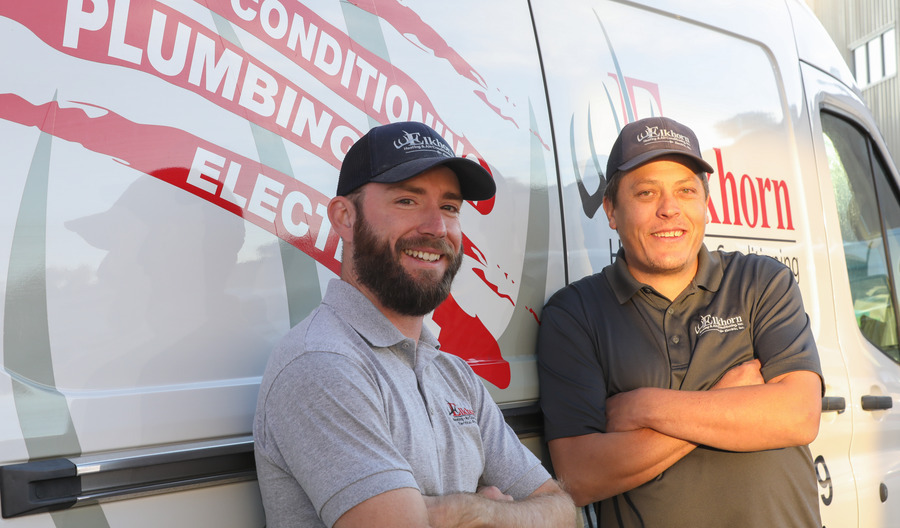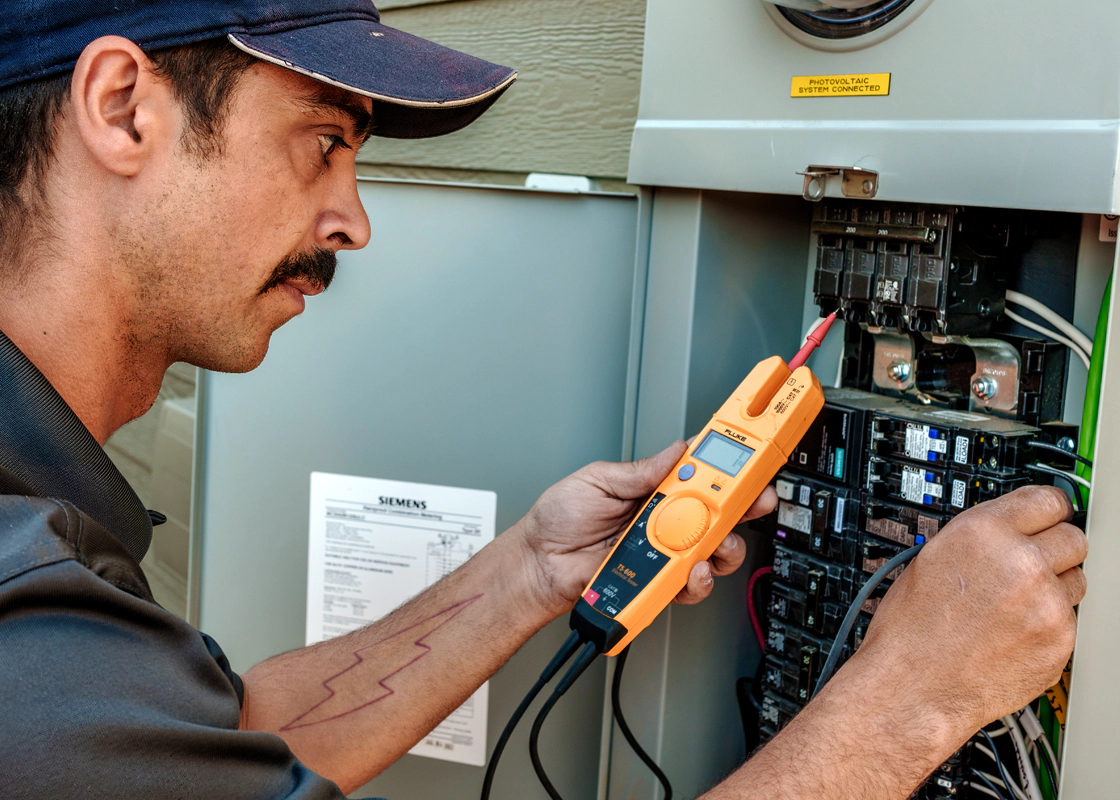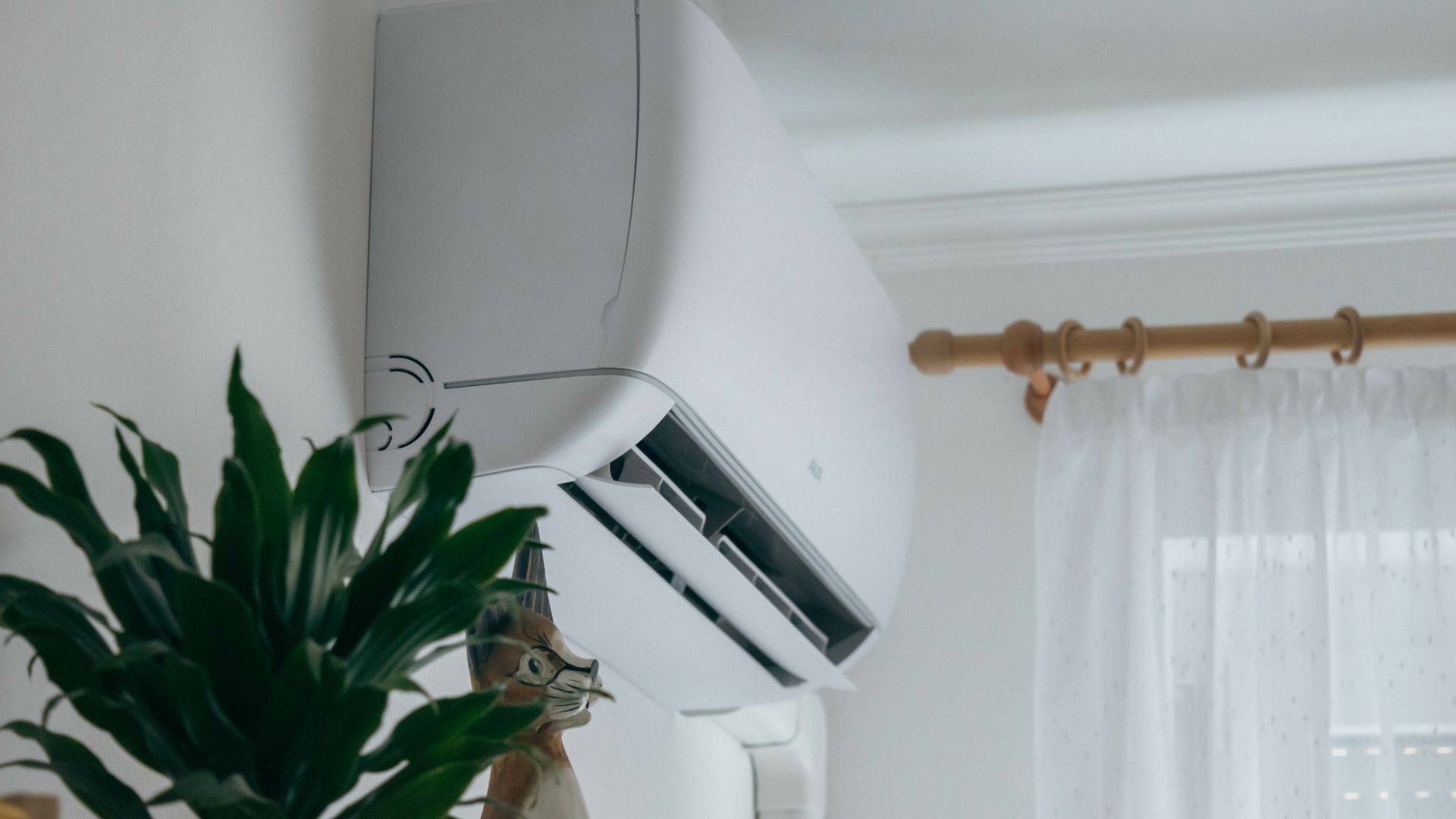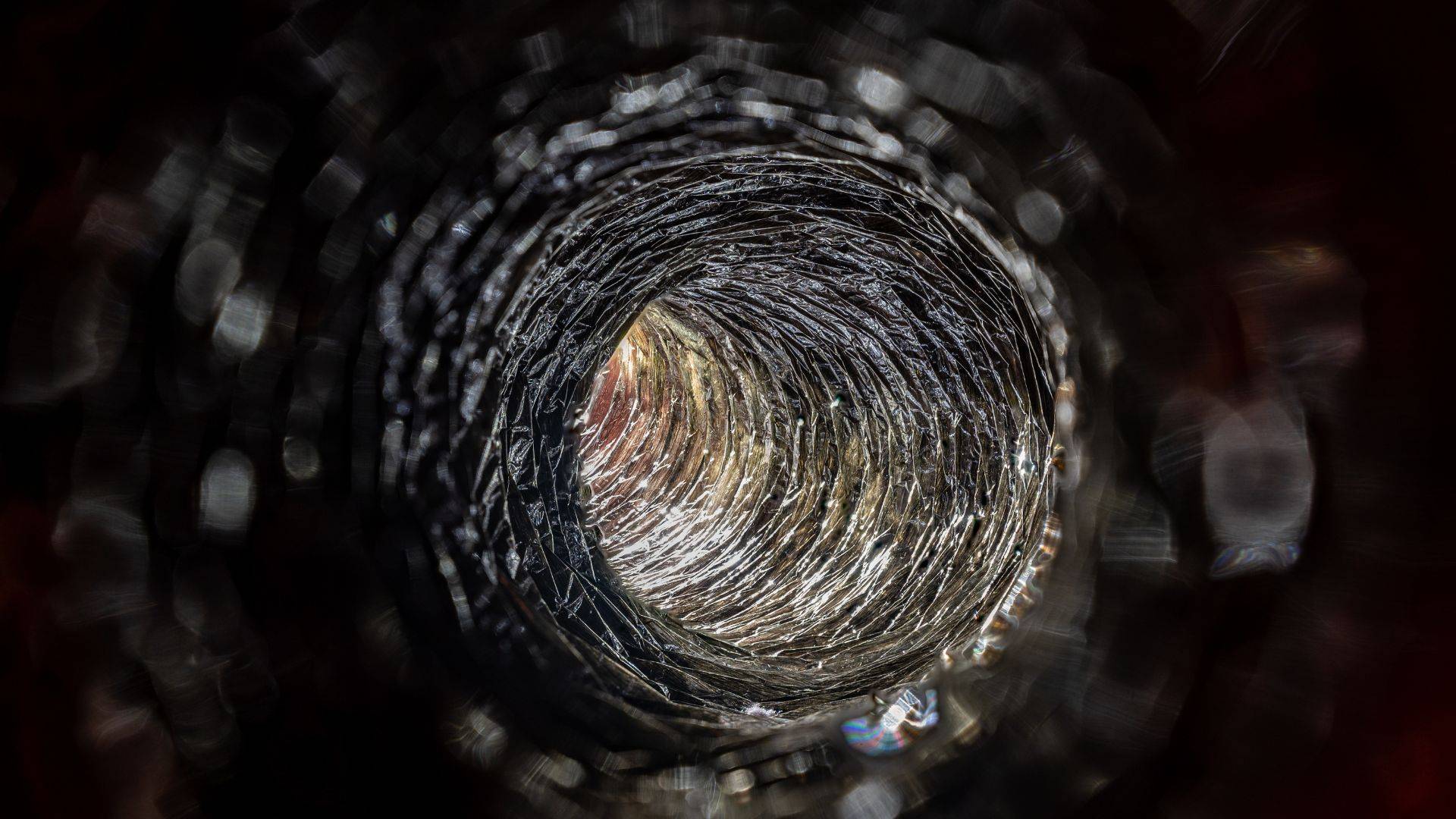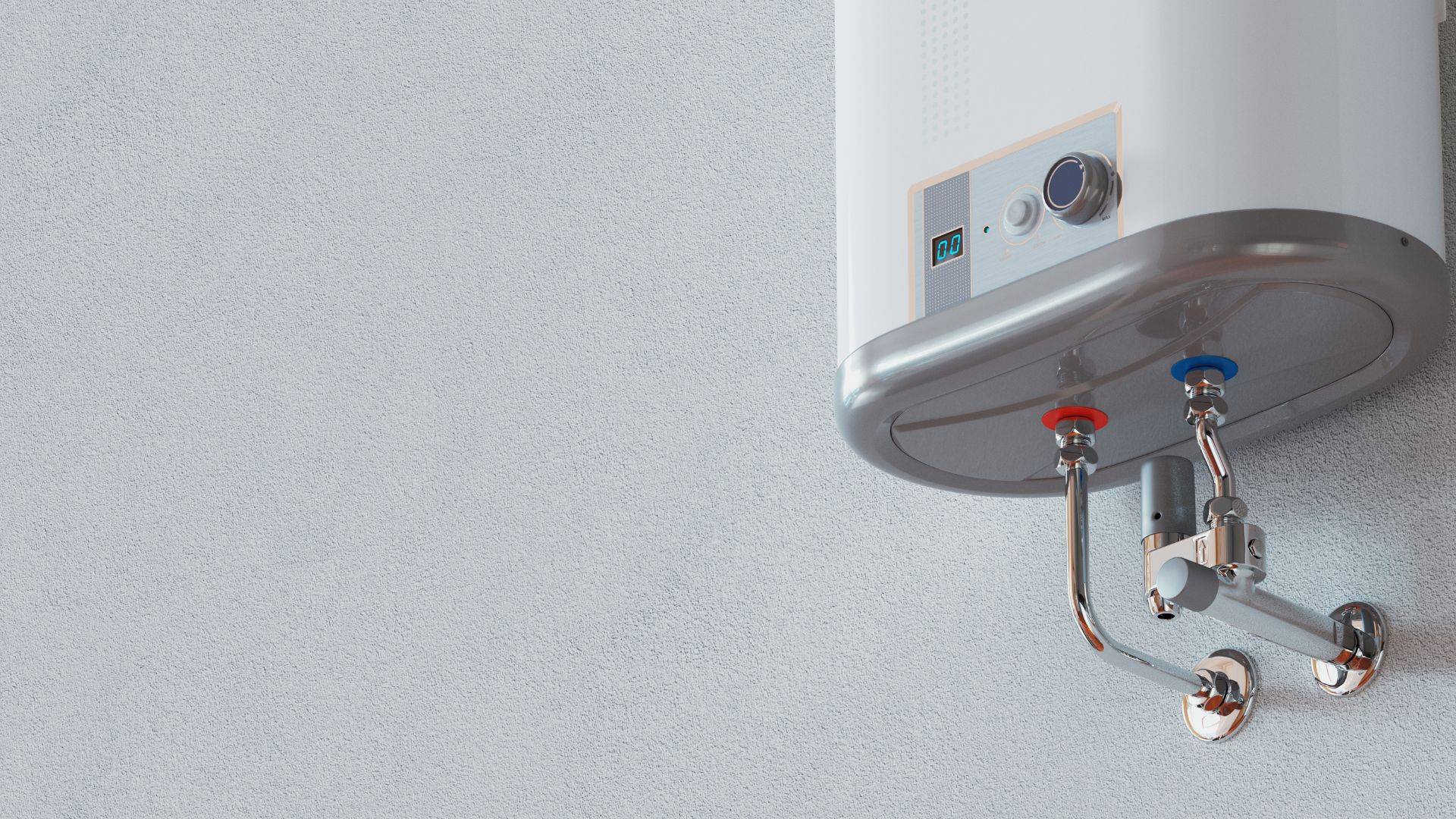Beyond the Basics: Advanced Tips for Maintaining Your Home’s Plumbing System
You already know the basics of plunging drain clogs or looking for a leaky faucet. However, you might not be aware of the most important plumbing maintenance tips for protecting your home from costly repairs and emergency problems.
From protecting the longevity of your plumbing components to providing emergency repairs, Elkhorn Heating, Air Conditioning, Plumbing & Electrical offers the high-quality, reliable plumbing services Denver residents trust. For more information, give us a call today.
Why Go “Beyond the Basics” with Your Plumbing?
There are a few important reasons why you need to go beyond basic plumbing maintenance and repairs.
- Preventative Power: Timely maintenance can prevent costly issues from happening.
- Maximized Lifespan: You can greatly extend the lifespan of your fixtures, appliances, and pipes through consistent care.
- Optimal Efficiency: Well-maintained systems optimize your performance and can potentially lower your utility bills.
- Enhanced Home Value & Safety: Your plumbing systems are important to your family’s health. They can also serve as a selling point to future buyers.
Advanced Plumbing Maintenance Tips: Your Comprehensive Checklist
To get you started, we’ve compiled a list of some of the best plumbing maintenance tips for your home.
Water Heater Longevity & Efficiency
First, let’s dive into the best practices for extending the lifespan of your water heater and boosting its energy efficiency.
Anode Rod Inspection & Replacement
The anode rod is a sacrificial rod that corrodes in place of your tank. It prevents the tank from corroding. Typically, it needs to be replaced every three to five years. If you’re inexperienced with water heaters, leave this replacement to a professional.
Temperature and Pressure Relief (TPR) Valve Testing
While many homeowners are nervous about checking the TPR valve, it’s essential to prevent explosions from happening. Go beyond just visually looking at it. You can test the valve by lifting the lever to make sure it can open and close. When you do this, it will release a little water. Test it once per year, and call a professional if it isn’t working right.
Caution: If the valve is faulty or old, it can be dangerous. If it won’t close properly, don’t force it.
Insulation of Hot Water Pipes
Insulating your water pipes can decrease the amount of heat loss, boost your efficiency, and help you get hotter water faster.
Water Pressure Management
For an enjoyable shower, it’s essential to support your home’s water pressure.
Test Your Home’s Water Pressure
If the water heater is working properly, the pressure should be between 40 and 70 PSI. You can attach a water pressure gauge to the outdoor hose bib to measure the water pressure. Excessively high pressure can damage appliances or fixtures. Meanwhile, low pressure means there may be an underlying problem.
Inspect & Adjust Your Pressure Reducing Valve (PRV)
If you have a PRV, it’ll likely be near the main water shut-off. If it’s malfunctioning, it can trigger pressure problems. However, replacing and adjusting a faulty PRV should be left to a professional.
Advanced Drain & Vent System Health
To care for your plumbing system, don’t forget to perform the following drain and vent system tips.
Utilizing Enzymatic Drain Cleaners
Never use harsh chemicals in your drains. Instead, use enzymatic cleaners to safely, gradually break down organic matter in your pipes. This eco-friendly option should be done once a month to prevent slow drains. For clogged drains, call a professional.
Inspecting P-Traps & J-Bends (Beyond Simple Cleaning)
To check for failure, monitor corrosion, and prevent clogs, take apart and inspect your J-bends and P-traps every few years. For older plumbing, you may want to do this annually.
Checking Plumbing Vent Stacks
Clean any leaves and debris from your outdoor vent stacks. The vent stacks are the pipes that stick out of your roof. This simple task can prevent slow drains, sewage odors, and gurgling sounds.
Caution: Act with care or hire a professional when doing work on your roof.
Main Water & Sewer Line Vigilance
To avoid burst pipes and seized valves, it pays to be vigilant.
Locating & Testing Main Water Shut-Off Valve
Learn where your main water shut-off valve is in case there is an emergency. Once per year, you should try turning it off to ensure that it isn’t clogged.
Sewer Line Monitoring
If you have multiple slow drains or foul odors, you may have a sewer line clog. Another common indication is water backing up in weird spots, such as a toilet gurgling when your dishwasher drains. Schedule a professional video camera inspection if you notice this problem.
Outdoor Pipe Protection
If you notice unusually green spots in your yard or ground saturation, you may have a leak. To avoid problems, always winterize your hose bibs.
Fixture and Appliance Connection Care
Finally, there are a few things you can do to protect your appliances and fixtures.
Inspect Appliance Hoses
Check your dishwasher, refrigerator ice maker, and washing machine supply lines for signs of leaks or cracks. To avoid problems, we recommend replacing rubber lines every five to seven years. Ideally, lines should be replaced with braided steel.
Caulk and Sealant Inspection
Look around your tubs, showers, and sinks for any indication of cracks and mold. Caulking prevents water from seeping into your walls and floors, allowing you to avoid costly water damage.
When Advanced Plumbing Maintenance Demands a Pro
Although applying advanced plumbing tips can help you prevent problems, there are situations where you should leave maintenance and repairs to the experts. Call our licensed plumbers for the following issues.
- Water heater anode rod replacements
- TPR valve malfunctions
- PRV inspections and adjustments
- Solving persistent low water pressure
- Gas line inspections
- Frequent, unresolvable clogs
- Anytime you are uncertain about how to fix something
Our certified plumbers have the high-tech tools and local expertise you need to resolve common problems quickly and effectively. For more plumbing maintenance tips and repairs, give us a call today.
Schedule Your Next Plumbing Maintenance Appointment
Through the best plumbing maintenance tips, you can go beyond the basics in caring for your home’s systems. Consistent maintenance helps to ensure long-lasting plumbing components and better peace of mind.
For expert assistance with your plumbing maintenance and repairs in the Denver metro area, call Elkhorn Heating, Air Conditioning, Plumbing & Electrical today!

